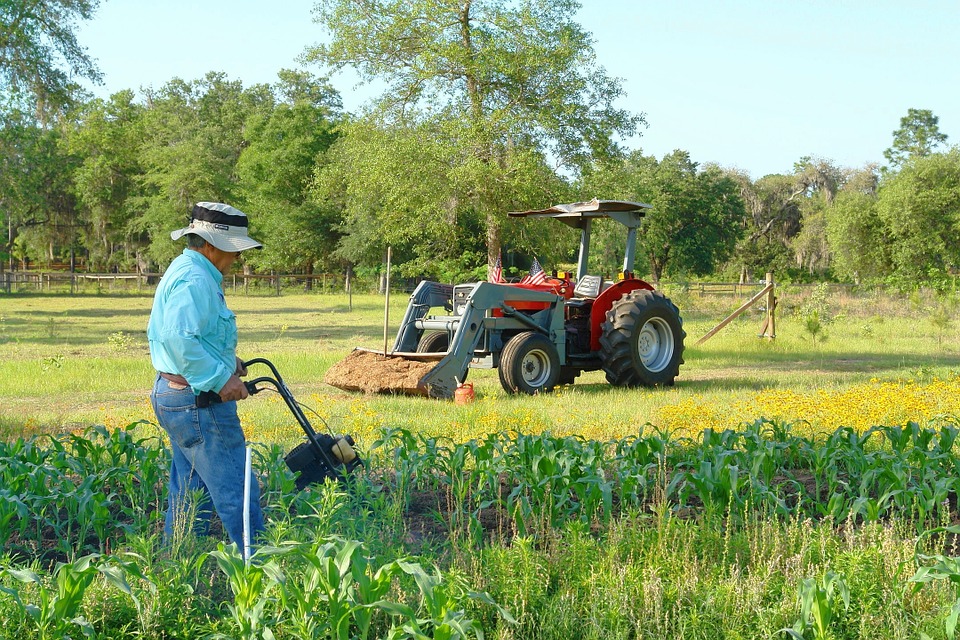
US Farms Not The Only Ones In Decline
By Charles A Hice
Who will feed the world, if all the farmers disappear?
I ask this question, because it appears that farms and farmers are in decline the world around. And quite substantially.
In a recent article for the Japan Times, write JJ O’Donoghue interviewed a Japanese farmer as well as researched the cultural shift of Japanese agriculture. You may see some major similarities with the US market.
The writer follows a farmer named Shigenbou Fokumoto, who had grown up in Japanese agriculture since the 1970’s. Fukumoto reflects back to that time, when his parents were farming, saying how they were “small quantity, large variety” farmers, very diverse and almost for the purpose of self sustenance with some market consideration. This is probably similar to many farms in the US at that time if not a bit earlier. Today, Japanese farmers are more focused on one or two crop types, maximizing efficiency in a way. However, profit margins in Japan are often tight, and with little help offered in the way of labor. It may be a more perplexing situation than even the US.
Around 1960, there were more than 11 million Japanese farmers. Moving to the current date, Japan has around 1.3 million farmers, an insane drop-off to consider. In the US, that 50 year period is much the same, with farmers in the US totaling around 15 million in 1965 compared to today at around 2 million. Imagine that.
Similar to the US farmer as well, Japanese farmers are getting older with less interest from their children to take over. Currently 3 out of every 5 Japanese farmers are above the age of 65; whereas, the average age in the US is around 58.
This is particularly considered a dangerous situation for Japan over the next 10 years. The Japanese farming economy is still very much so a local market, and not entirely ready to compete on a global level in many cases. And government subsidies have down little to help the farmer over there other than to slow them down.
It does not appear Japan can sustain its self much longer in this matter, and heavily relies on imports. Japan imported more than $11 billion in agricultural products from the US in 2016, and is the 4th largest agricultural importer for the States. The top Ag commodities are corn, pork, beef, soybeans, and wheat.
From the state of Ag affairs in Japan, it seems as though in the next 10 years they will be increasingly reliant on imports to sustain themselves, specifically agricultural imports from the US and others. It may be reasoned that this is a particular reason that Japan is not willing to accept increases in trade rates from the US. The Japanese government has been the most vocally disappointed and straightly worried about this.

